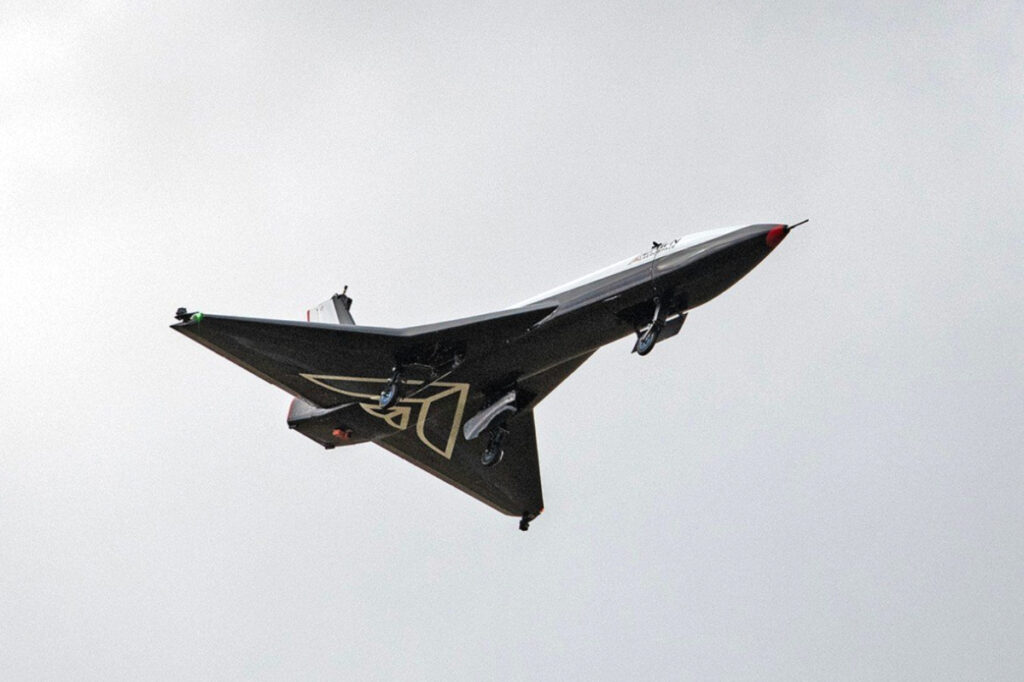
Dawn Aerospace will be flying research payloads from three leading U.S. institutions—Arizona State University, California Polytechnic State University, and Johns Hopkins Applied Physics Lab—on the company’s rocket-powered aircraft, the Mk-II Aurora.

The flights, scheduled for April and June 2025, will showcase the Mk-II Aurora’s capabilities as a reusable, high-cadence, suborbital vehicle. Dawn Aerospace will also fly payloads for Scout Space, a U.S. based commercial customer during the same campaign.
These missions will take place from the Tāwhaki National Aerospace Centre at Kaitorete, just outside Christchurch in New Zealand, as Dawn’s first commercial flights since runway facilities were established in 2024. The three Pathfinder flights will support ground-breaking research in their respective fields:
Arizona State University: a leader in space science and engineering, will fly a modified version of its THEMIS visual imaging system (LEO-TIMS).
California Polytechnic State University: well known for its CubeSat program and aerospace engineering, will test a student-developed flight path reconstruction data acquisition system to collect GPS and air data in calibration with the Mk-II’s systems.
Johns Hopkins Applied Physics Laboratory: a leading research and development institution that has designed and built spacecraft and specialized instruments that have visited the Sun and every planet in the solar system; will fly a payload interface system known as JANUS-Lite that measures the Aurora’s payload bay environment, collecting data on magnetic field, acceleration, pressure, and thermal conditions.
The vehicle used for the pathfinder flights is the Mk-IIA, which in November of 2024 was the first civil aircraft to break the sound barrier since the Concorde, as well as breaking world climb rate records and reaching 25km altitude.
The next generation vehicle, the Mk-IIB, will be the highest and fastest flying vehicle ever to take off from a runway, reaching Mach 3.5 and 100km altitude. With its extreme performance, same-day reusability, and easily accessible payload bay designed for environmental instruments, the Aurora is poised to revolutionize suborbital research.
The three flights are supported by the Ministry of Business, Innovation and Employment (MBIE) on behalf of the New Zealand Government.
The Mk-II Aurora presents a rapidly reusable space capability, with the power to unlock new economic, environmental, and scientific value,” said Stefan Powell, CEO. “This initiative highlights New Zealand as a world leader in research and development of aerospace technology, planting the seed that will grow into ongoing international collaboration and expansion for many years to come.”
About Dawn Aerospace
Dawn Aerospace is developing the fastest and highest-flying aircraft ever to take off from a runway, combining the extreme performance of rocket propulsion with the reusability of conventional airplanes to enable high-frequency, low-cost access to sub-orbital space. Its flagship aircraft, the Mk-II Aurora spaceplane, is designed to push the boundaries of aviation into space, providing a scalable and cost-effective platform for microgravity research, atmospheric studies, and aerospace innovation. In Nov 2024, the Aurora spaceplane broke the sound barrier, reaching Mach 1.12 at 82,500 feet, and set a new record for the fastest climb to 20 kilometers (65,600 feet). In addition to its spaceplane program, Dawn Aerospace is a leading provider of green propulsion systems for satellite developers, with its technology currently on 26 operational satellites.
